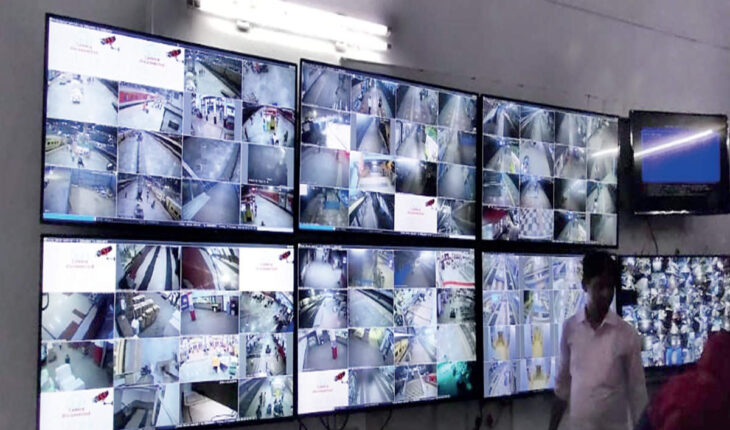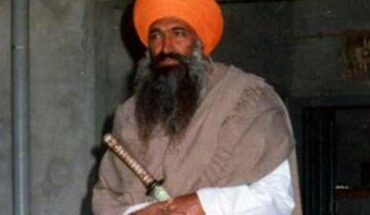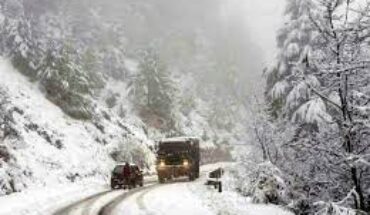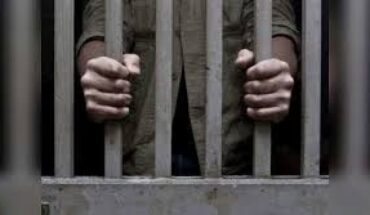Central Railways to Install Video Surveillance System having 3652 CCTV Cameras against Nirbhaya fund in A1, A, B and C category stations with the help of RailTel. In this regard a MoU has already been signed between Railway Board and RailTel. This CCTV cameras will have Face Recognition System, Video Analytics, Video Management System and will be installed in 117 Stations of Central Railway. Apart from this, 2470 Cameras will be installed in Central Railway’s 247 D&E category stations.
Central Railway stations, including all stations on the Mumbai Suburban Network, will soon be equipped with face recognition cameras, a technology that will help apprehend wanted criminals and manage crowded areas. Central Railway plans to install cameras with a face recognition system at 117 stations, all featuring 4K technology. This project will cover all stations within the Mumbai Division, except for stations already equipped with Integrated Security Systems (ISS) like Chhatrapati Shivaji Maharaj Terminus, Dadar, Kurla, Thane, Lokmanya Tilak Terminus, and Kalyan.
Cameras with Face Recognition Systems, Video Analytics, Video Management System will Enhance Passenger Safety, Control Crime, Deter Law Abusers, and Monitor Compliance with Railway Rules. PTZ type cameras can be controlled by RPF personnel and will have a tilt angle of 180 degrees on vertical axis and 360-degree view on horizontal axis, hence will ensure no blind spots. Essentially, these cameras will assist security agencies in monitoring crowds, detecting abandoned objects, and preventing trespassing at the stations. Data collected from these cameras will be transmitted through an IP network to surveillance stations and further relayed to a unified control command centre. With this system, all 117 stations will be under constant digital surveillance. These cameras can recognize a person whose face is stored in the database, instantly alerting the administration to the presence of known criminals as they enter the station. These cameras can identify various parts of the face, such as the retina or forehead. Additionally, a multi-layered monitoring network will oversee the cameras, and the data collected will be stored for 30 days. These cameras represent a significant step towards comprehensive surveillance, enhancing passenger security and safety.
This project ensures the installation of CCTV cameras in waiting halls, reservation counters, parking areas, main entrances/exits, platforms, foot over bridges, and booking offices, all networked via optical fiber cable. The video feed from these CCTV cameras will be displayed not only at local RPF posts but also at a centralized CCTV control room at divisional and zonal levels. The video feeds will undergo monitoring at three levels, enhancing safety and security at railway premises.
To provide clearer images and better coverage, four types of full-HD cameras will be utilized: Bullet type for platforms, Dome type for indoor areas, Ultra HD-4k cameras for crucial locations, and Pan-Tilt-Zoom (PTZ) type for parking areas. Live streaming from these CCTVs will be displayed on multiple screens at the RPF control room. Each HD camera consumes approximately 750 GB data, while 4K cameras consume 3TB of data per month. The video footage will be stored for 30 days for post-event analysis, playback, and investigation purposes, although important videos can be stored for a longer duration.
With facial recognition systems playing a key role in solving crimes faster and more accurately, besides traditional forms of policing, the installation of the Hi-Tech Cameras with FSS software will enhance the safety and security of passengers and will surely change the way India travels.





